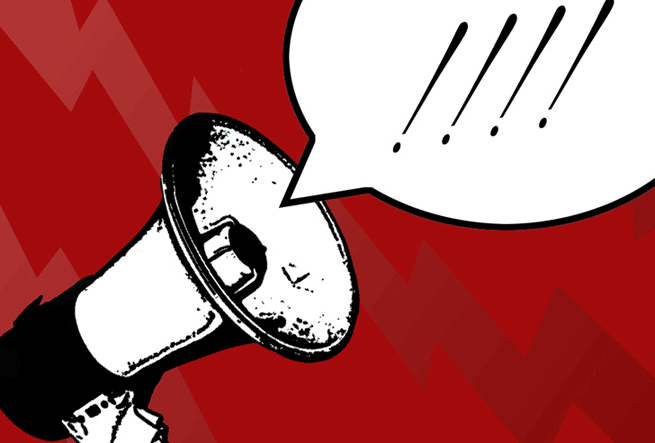Submitted by Anne Landman on
 By writing the health care reform bill as a budget bill, Senate Democrats could advance the measure using a procedure called "reconciliation," which would avoid a Republican attempt to stall the measure by filibustering it. But Republicans are portraying use of reconciliation -- "Washington-speak" for seeking a simple majority vote -- as scandalously improper for a health reform bill. Senator Bill Frist (R- Tenessee) claimed use of reconciliation would be "unprecedented" and "historic." Scott Brown (R-Massachusetts) erroneously called reconciliation "the nuclear option." John Kyl (R-Arizona) complains that reconciliation "was never designed for a large, comprehensive piece of legislation such as health care," and Orrin Hatch (R- Utah) said "The use of expedited reconciliation process to push through more dramatic changes to a health care bill of such size, scope and magnitude is unprecedented." In reality, use of reconciliation to pass major health reform measures is the norm. Most health care reform measures passed over the last 30 years were passed using reconciliation. The bill that created COBRA, for example -- the law that allows people to keep their health insurance after they leave their jobs -- was passed through reconciliation. ("COBRA" stands for "Consolidated Omnibus Reconciliation Act of 1985," the name of the bill in which it was passed.) Expansion of the Children's Health Insurance Program (CHIP) was also achieved through reconciliation. The process was also used to add protections for nursing home patients, preventive care like cancer screenings, and a hospice benefit to Medicare. In fact, over the last 30 years, far more major health care financing measures have been passed using reconciliation than not.
By writing the health care reform bill as a budget bill, Senate Democrats could advance the measure using a procedure called "reconciliation," which would avoid a Republican attempt to stall the measure by filibustering it. But Republicans are portraying use of reconciliation -- "Washington-speak" for seeking a simple majority vote -- as scandalously improper for a health reform bill. Senator Bill Frist (R- Tenessee) claimed use of reconciliation would be "unprecedented" and "historic." Scott Brown (R-Massachusetts) erroneously called reconciliation "the nuclear option." John Kyl (R-Arizona) complains that reconciliation "was never designed for a large, comprehensive piece of legislation such as health care," and Orrin Hatch (R- Utah) said "The use of expedited reconciliation process to push through more dramatic changes to a health care bill of such size, scope and magnitude is unprecedented." In reality, use of reconciliation to pass major health reform measures is the norm. Most health care reform measures passed over the last 30 years were passed using reconciliation. The bill that created COBRA, for example -- the law that allows people to keep their health insurance after they leave their jobs -- was passed through reconciliation. ("COBRA" stands for "Consolidated Omnibus Reconciliation Act of 1985," the name of the bill in which it was passed.) Expansion of the Children's Health Insurance Program (CHIP) was also achieved through reconciliation. The process was also used to add protections for nursing home patients, preventive care like cancer screenings, and a hospice benefit to Medicare. In fact, over the last 30 years, far more major health care financing measures have been passed using reconciliation than not.
